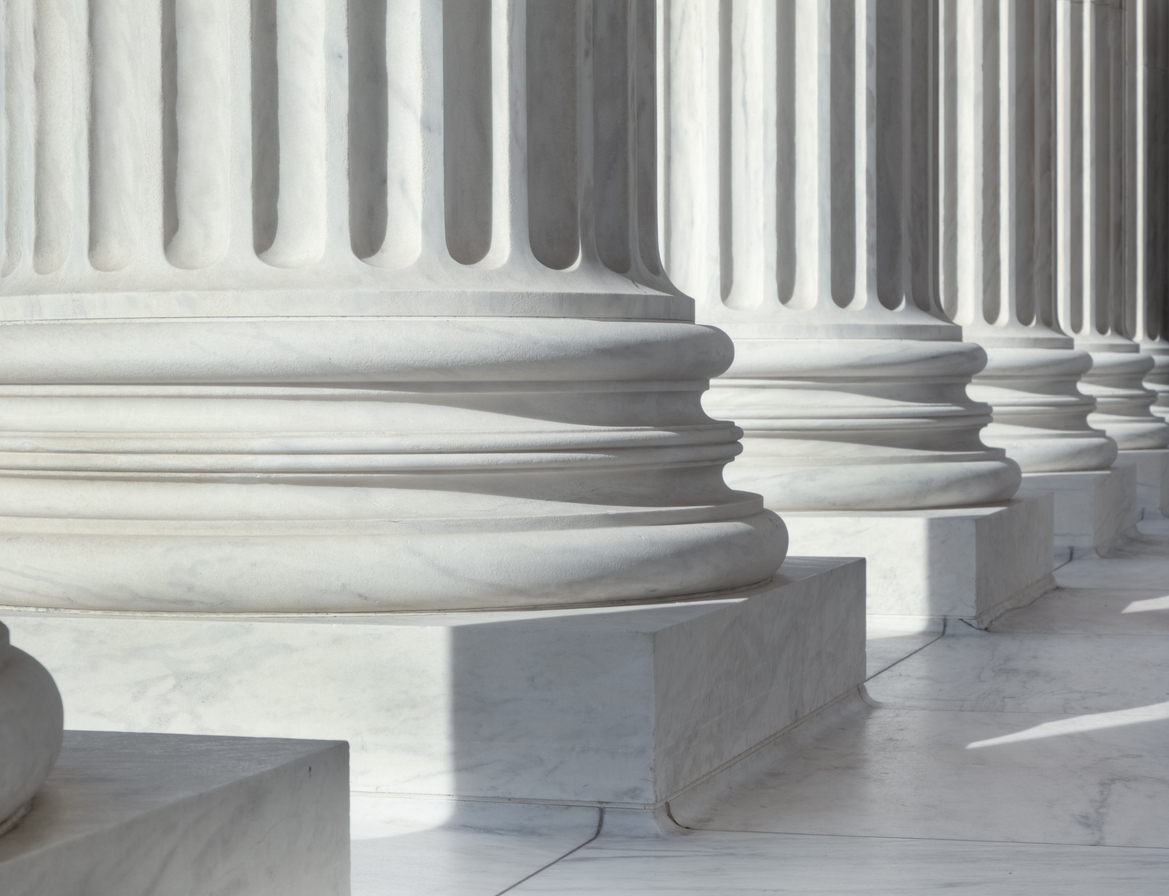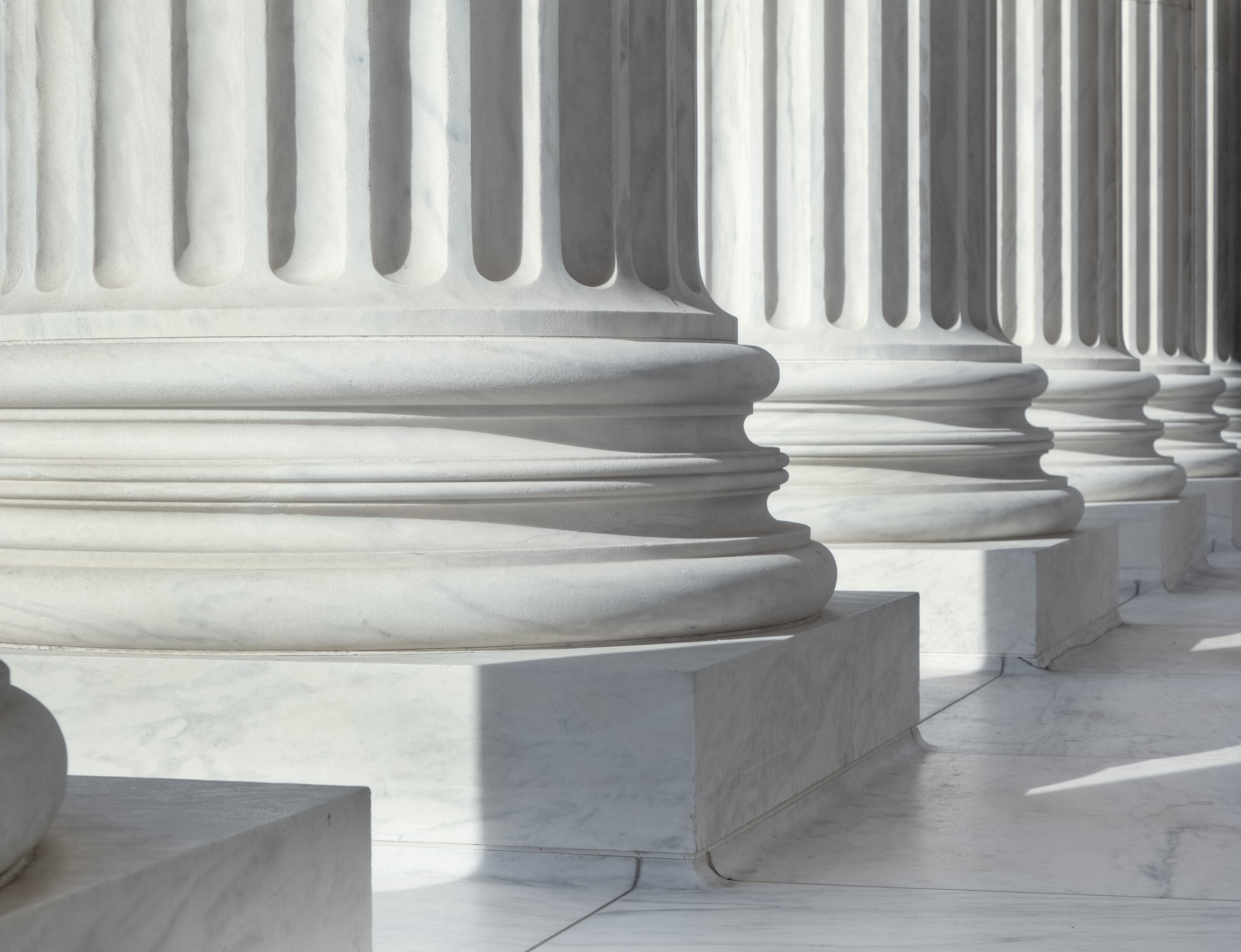CBA Statement on House Financial Services Committee Approval of Resolution to Overturn Misguided Credit Card Late Fee Rule

Consumer Bankers Association (CBA) President and CEO Lindsey Johnson today released the following statement in response to the U.S. House Financial Services Committee approving Financial Institutions and Monetary Policy Subcommittee Chair Andy Barr’s (R-Ky.) resolution that would overturn the Consumer Financial Protection Bureau’s (CFPB) credit card late fee rule that arbitrarily reduces the safe harbor limit to $8:
“On behalf of CBA and America’s leading retail banks, I want to thank Rep. Andy Barr for his leadership to ensure consumers’ long-term financial health is a top priority. As we’ve long said, this politically-motivated rule will increase the costs of credit cards for the vast majority of consumers who pay their credit cards on time, and it will significantly impact the long-term financial health of American cardholders who frequently pay late. By passing this resolution to stop the rule from taking effect, the Committee has demonstrated its commitment to protecting consumers who pay on time and retaining access to credit for low-income and underbanked families.
“I’m hopeful that the House will swiftly pass this resolution, and then the Senate, to send a clear message to the CFPB: financial regulatory policy should be guided by sound policy, not partisan politics.”
Background
On March 5, 2024, the CFPB finalized its rule to arbitrarily limit credit card late fees to $8. This comes nearly a year after President Biden first announced this proposal at his 2023 State of the Union address, just days after the proposal was released. While CBA and the industry voiced its concerns with the consumer harm this rule would have, the CFPB failed to take any of the public comments into consideration when finalizing the rule.
Rep. Barr’s Congressional Review Act (CRA) resolution to stop the credit card late fee rule from going into effect on May 14, 2024, is one way the legislative branch can act as a check on the executive branch. In order for a CRA resolution to overturn a rule or regulation, it must first pass both the House and Senate and then be signed by the President, or Congress can override the President’s veto.
Why It Matters
Prior CFPB research found that nearly one in five Americans lack credit scores and that credit cards are the primary way that such consumers become “credit visible.”
By raising costs and reducing access to credit cards, the CFPB’s rule will force consumers on the margins facing expense shocks to turn to non-bank credit alternatives like payday loans and buy-now pay later products. Non-bank credit alternatives lack many of the important consumer protections built into credit cards, like ability-to-pay requirements, interest rate disclosures, or protections for fraudulent transactions.
CBA Advocacy
- To read CBA’s statement on the final credit card late fee rule, click HERE.
- To read CBA’s statement on joining litigation to stop the credit card late fee rule from taking effect, click HERE.
- To read CBA’s Facts Matter blog series that highlights the disparities between the CFPB’s CARD Act Report and its accompanying press release, click HERE.
- CBA launched a public affairs campaign, Washington Wallet Watch, highlighting the harm this rule will have on consumers. You can learn more about the campaign HERE.
- To read CBA’s letters to the CFPB on the notice of proposed rulemaking earlier this year, click HERE and HERE.
- CBA also commissioned a poll in April 2023 that found that the majority of Americans appreciate the personal responsibility associated with on-time credit card payments and don’t believe these fees constitute “junk.”
- In addition, The Washington Post debunked several claims included in the CFPB’s proposal to lower credit card late fees, calling the agency’s calculation’s “fuzzy math."



